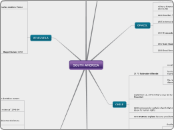a renata visconti 11 éve
297
SOUTH AMERICA
The political history of Venezuela, Colombia, and Peru in the late 20th and early 21st centuries reveals a complex interplay of democracy, economic challenges, and internal conflict.

a renata visconti 11 éve
297

Még több ilyen
cement
steel
electricity
telecommunications
petroleum